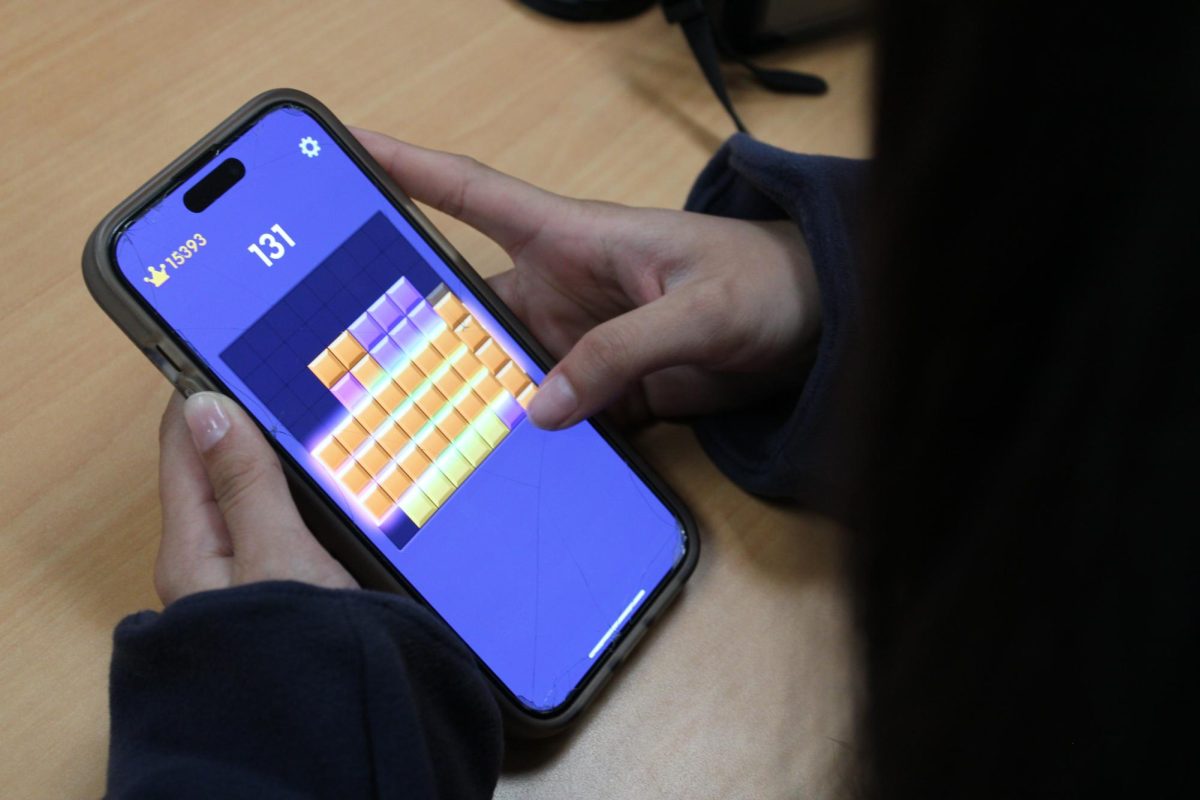In 2024 alone, the video game industry generated 187 billion dollars in revenue globally, and has projections to make upwards of 500 billion this year. This projection seems very reasonable, especially when highly anticipated video games with vast fan bases such as Grand Theft Auto 6, projected 2.2 billion dollars in revenue in the first year, are set to release soon. While I believe that video games do not, one question still ignites debate: Do video games have health effects on their players?
One of the most common emotions associated with gaming is anger. We see time and time again, older or younger siblings, even the biggest content creators, raging at these games. Does that small aggression lead to long term effects, though? According to their article “Do Video Games Influence Violent Behavior?” Roanna Cooper and Marc Zimmerman, two Michigan State researchers, found interesting data. They conducted a survey for 430 students, their peers, and their teachers. They found that young students who played violent games early in the school tended to have a changed perspective on the world that was slightly more violent. These changes were also noticed by the peers and teachers involved in answering the survey questions. While many claim the video games itself are to blame for situations like these, it is also argued by the Entertainment Software Rating Board aka, ESRB, the organization responsible for providing age rating and warnings for games, that the mental stage the child is at is the most crucial to be aware of. If they are younger, they are highly influenced by what they see, leading to whatever actions they tend to do. This, then, becomes an issue of the child not being ready to handle the game’s nature and content, rather than the game itself encouraging harmful actions.
While video games influencing aggression and violence is a major issue, another one is also discussed: Addiction. How does gaming impact the risk of addiction? According to “Video Game Addiction: Signs, Effects and Treatment” published by the Unity Health Organization, many negative effects related to excessive gaming exist. Developing a video game addiction can restrict the subject from engaging in other activities they were once very involved in. Another severe symptom is isolation, or distancing from others. This symptom is very crucial to be aware of, as it generates a never ending cycle for the gamer. In the simplest terms, when isolated, reaching out for assistance becomes less likely. Then, when the subject does not reach out, they may choose to handle the issue on their own, deciding to not make it anybody else’s issue to deal with. This, then, puts the subject back at square one, as they once again choose to isolate themselves. According to “Gaming Disorder: Gaming addiction,” published under Navigate Health Ltd and reviewed by Dr Colin Tidy, a general practitioner and medical author, the author suggested, and Dr Colin cosigns the idea to seek cognitive behavioural therapy if the subject is showing signs of struggles with excessive gaming. This type of therapy addresses the way the addiction is thought about, allowing for a better understanding of thoughts, and helps view the addiction in less harsh light.
Video games in general do not have massive impacts on the user, in most cases. Issues arise, though, when the gamer is not ready to handle the content in the game, or if the gamer plays too much and develops an addiction. Users should be prepared to handle the material and minimize playing time to avoid the issues with gaming.







